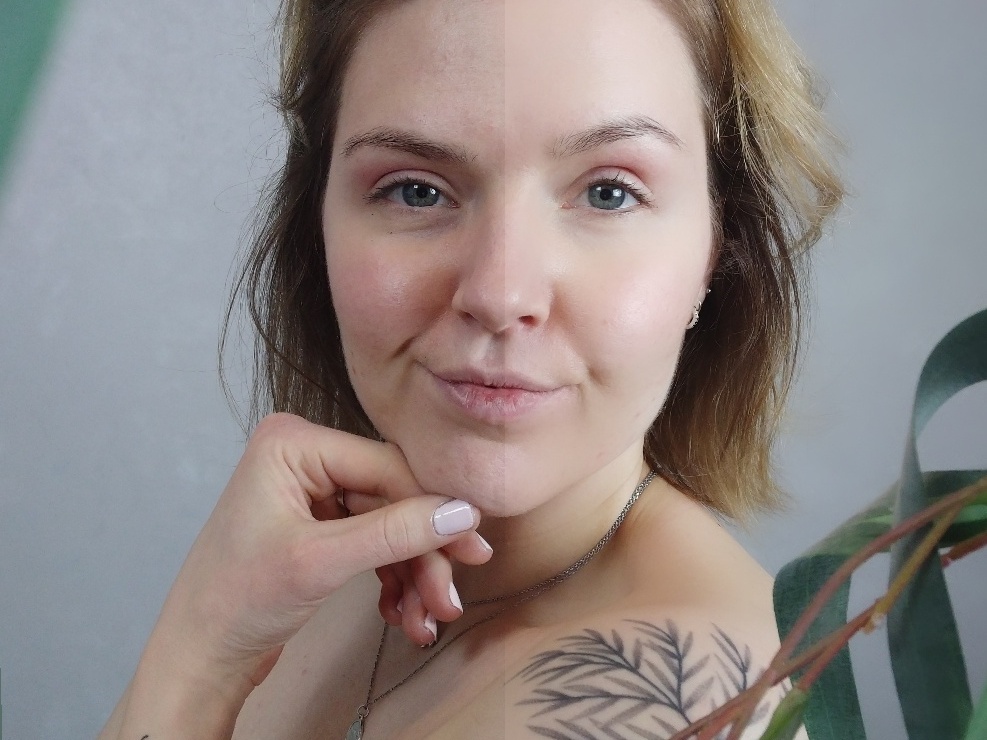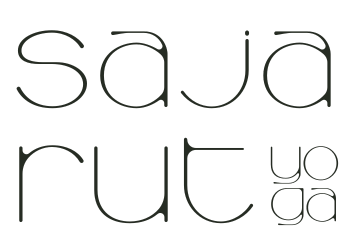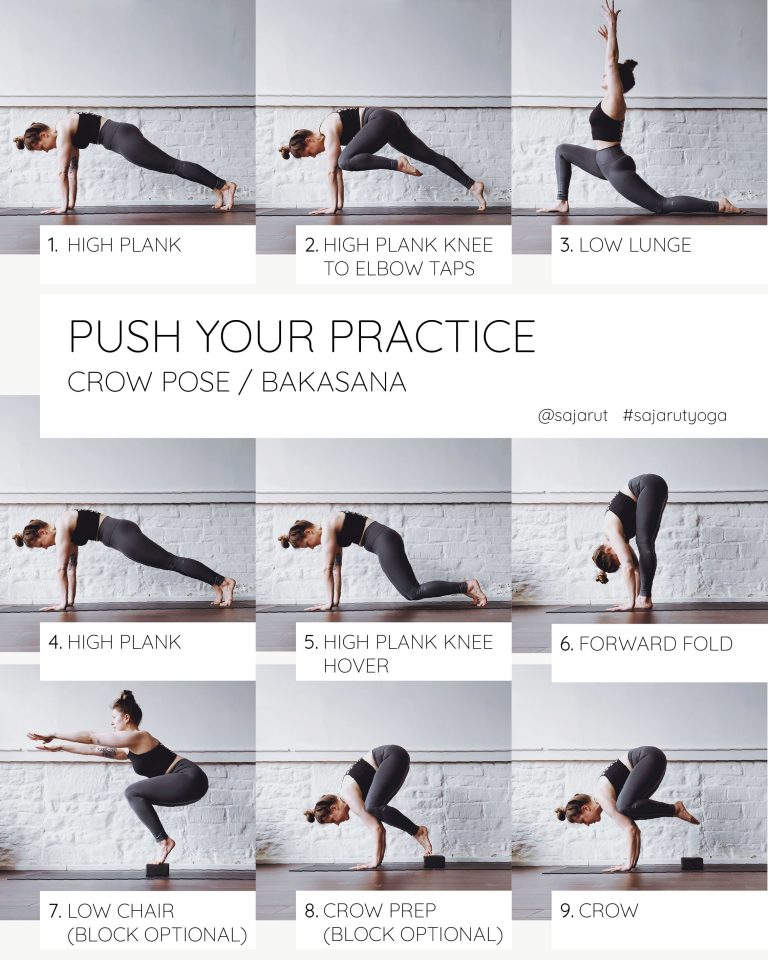
Note: This is an article that I wrote for a public health course in my masters program and therefore the writing is a bit more academic than my usual posts, but I thought it made for an interesting and thought provoking read so I hope you enjoy!
Social Media & Body Image: The effect of social media on body dissatisfaction and mood
Body image dissatisfaction, the negative attitude towards one’s physical appearance, is an enduring trait and a seemingly accepted part of Western society (Cohen & Blaszczynski, 2015; Posavac et al., 1998). It is something that can develop when one repeatedly compares their appearance to that of others (Fardouly et al., 2015). Whilst of course there can be many contributing factors, studies show that media exposure is consistently linked with poor body image (Fardouly & Vartanian, 2016). Previously media exposure has been limited to traditional media such as magazines and TV. Now it is our constant companion, one that we reach out to time and time again, one that most of us will not leave home without, one that we carry around in our pockets all day. It is the plethora of social networking sites that we visit on our phones, laptops or tablets daily.
Opportunities for comparison are constantly at your fingertips
Recent research suggests that young people increasingly prefer online media over traditional media and that young women in particular are spending a significant amount of time consuming appearance-oriented material (Bair et al., 2012). Furthermore it is being increasingly suggested that social media is addictive (Ryan et al., 2014). Social media differs from traditional media in many ways. A fundamental aspect of the medium is that it features the users themselves and allows for interaction with one’s peers, and research suggests that appearance comparison to peers may be significantly influential on body image (Fardouly & Vartanian, 2016). The amount of images and videos available on social networking sites is vast, 10 million photos are uploaded every hour on Facebook alone (Mayer-Schönberger & Cukier, 2013). Therefore the opportunities for comparison are many and that comparison can have a significant impact on body image and mental health (Fardouly & Vartanian, 2016).
Social media can influence body image, mood & behaviour
Frequent usage of social media has been shown to lead to a higher tendency to engage in body comparison, body surveillance, self-objectification and dieting in both males and females (Fardouly & Vartanian, 2016). Experiments have also shown that short term exposure to social media imagery is associated with poorer body image and a less positive mood. Whilst it could be postulated that those who are more concerned with their appearance may spend more time on social media, body dissatisfaction has not been found to predict social media usage. Which suggests that social media does negatively affect body image rather than those with negative body image seeking out social media (Fardouly & Vartanian, 2016). An increase in body dissatisfaction has been identified as a risk factor for eating disorders but also for unhealthy weight control behaviours, decreased intake of fruits and vegetables, frequent dieting and decreased levels of physical activity (Burnette et al., 2017).
The emergence of apps where one can easily change the appearance of their face or body has created a separate dilemma altogether. With the push of a button one can smooth their skin, enlarge their eyes or lips, make the waist a bit smaller and the bottom a bit bigger. According to news reports people are increasingly going to cosmetic surgeons and requesting procedures that will help them look like their filtered self (Independent, 2018).
Should filtered images be declared?
Clearly social media needs to be given more attention when it comes to public health. Perhaps, rather ironically, the problem might also be the solution. Today influencers and marketers are required to declare any sponsored content, perhaps that is how heavily filtered and edited imagery should be presented too. A FaceTune declaration of sorts. A gentle reminder that things are not always as they seem. Perhaps that is far fetched but by emphasising that social media truly is a highlight reel, a place that is filtered, edited and curated perhaps we can start to repair and prevent the damage it does to body image.
Note: Thanks so much for reading! Remember, not everything you see online is real so let’s all be mindful when we start scrolling. Also, filtered or unfiltered, you are awesome so never forget that!
References
Bair, C., Kelly, N., Serdar, K., & Mazzeo, S. (2012). Does the Internet function like magazines? An exploration of image-focused media, eating pathology, and body dissatisfaction. Eating Behaviors, 13(4), 398-401. https://doi.org/10.1016/j.eatbeh.2012.06.003
Burnette, C., Kwitowski, M., & Mazzeo, S. (2017). “I don’t need people to tell me I’m pretty on social media:” A qualitative study of social media and body image in early adolescent girls. Body Image, 23, 114-125. https://doi.org/10.1016/j.bodyim.2017.09.001
Cohen, R., & Blaszczynski, A. (2015). Comparative effects of Facebook and conventional media on body image dissatisfaction. Journal Of Eating Disorders, 3(1). https://doi.org/10.1186/s40337-015-0061-3
Fardouly, J., & Vartanian, L. (2016). Social Media and Body Image Concerns: Current Research and Future Directions. Current Opinion In Psychology, 9, 1-5. https://doi.org/10.1016/j.copsyc.2015.09.005
Fardouly, J., Diedrichs, P., Vartanian, L., & Halliwell, E. (2015). Social comparisons on social media: The impact of Facebook on young women’s body image concerns and mood. Body Image, 13, 38-45. https://doi.org/10.1016/j.bodyim.2014.12.002
Independent. (2018). More people want surgery to look like a filtered version of themselves rather than a celebrity, a cosmetic doctor says. Retrieved 14 November 2020, from https://www.independent.co.uk/life-style/cosmetic-surgery-snapchat-instagram-filters-demand-celebrities-doctor-dr-esho-london-a8197001.html.
Mayer-Schönberger, V., & Cukier, K. (2013). Big data: A revolution that will transform how we live, work and think. Houghton Mifflin Harcourt Publishing Company.
Posavac, H., Posavac, S., & Posavac, E. (1998). Sex Roles, 38(3/4), 187-201. https://doi.org/10.1023/a:1018729015490Ryan, T., Chester, A., Reece, J., & Xenos, S. (2014). The uses and abuses of Facebook: A review of Facebook addiction. Journal Of Behavioral Addictions, 3(3), 133-148. https://doi.org/10.1556/jba.3.2014.016


